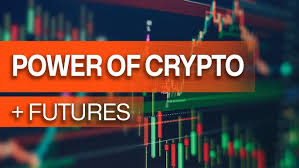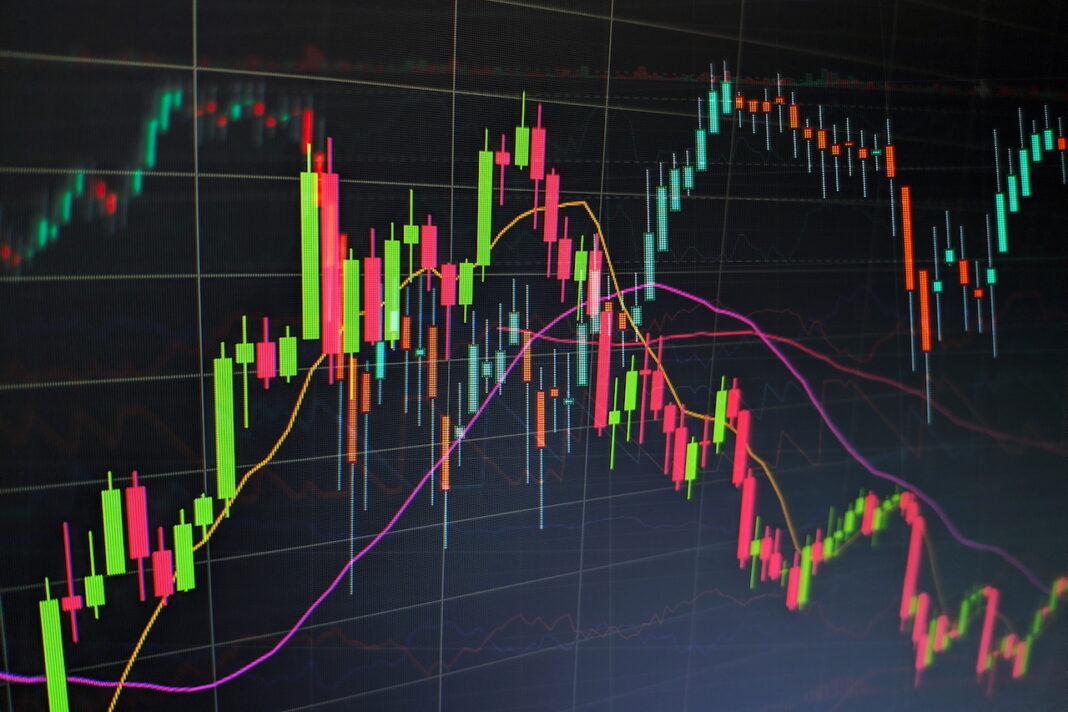
Understanding What is Future Trading in Modern Finance
Future trading is a significant component of the financial landscape, providing a platform for managing risk and speculating on future price movements of assets. what is future trading in crypto click here to explore more about how future trading is shaping the investment world.
Futures contracts are agreements to buy or sell an asset at a predetermined price at a specified time in the future. Unlike traditional stocks or bonds, which represent ownership in a company or a debt obligation, futures contracts are primarily used for hedging risk or speculation. Traders can profit from fluctuations in prices, whether the market moves up or down.
The Basics of Futures Trading
A futures contract is standardized and traded on exchanges. Each contract specifies the asset, the quantity, and the expiration date. Common underlying assets include commodities such as oil, gold, and agricultural products, as well as financial instruments like indices, interest rates, and currencies.
How Futures Trading Works
Traders enter the futures market with various strategies, ranging from hedging to outright speculation. For example, a farmer might sell futures contracts on their crop to lock in prices before the harvest, ensuring they will receive a set amount regardless of future market prices. Conversely, a trader might buy futures contracts expecting that the price of the asset will rise, allowing them to sell the contract later at a profit.
Key Participants in the Futures Market
Several key players participate in futures trading:
- Hedgers: These are businesses or investors who seek to minimize their risk associated with price fluctuations. By locking in prices through futures contracts, they can stabilize their revenue stream.
- Speculators: Unlike hedgers, speculators are willing to accept higher risks for the potential of higher rewards. They bet on the future direction of prices and may trade based on market trends, news, or technical analysis.
- Brokers and Dealers: These professionals facilitate trades between buyers and sellers and may provide necessary liquidity to the market.
Benefits of Futures Trading
Futures trading offers several advantages, including:
- Leverage: Futures contracts allow traders to control large positions with a relatively small amount of capital. This leverage can amplify profits but also magnifies losses.
- Liquidity: Major futures markets are highly liquid, allowing traders to enter and exit positions quickly.
- Diverse Investment Opportunities: Futures offers exposure to a wide range of asset classes, from commodities to financial instruments.

The Risks of Futures Trading
While futures trading can be profitable, it is not without risks. Some of the primary risks include:
- Market Risk: The risk of losing money due to unfavorable price movements is inherent in all trading. Futures can be particularly volatile.
- Leverage Risk: While leverage can lead to substantial gains, it can also result in significant losses, often exceeding the initial investment.
- Margin Calls: Futures are traded on margin, which means traders must maintain a minimum balance in their account. If the market moves against their position, they may face margin calls, requiring additional capital to remain in the position.
Trading Strategies in Futures Markets
Successful futures trading strategies typically involve a combination of technical analysis, market research, and risk management. Here are a few common strategies:
- Trend Following: This strategy involves buying futures contracts in an uptrend and selling in a downtrend, capitalizing on momentum.
- Spread Trading: This involves simultaneously buying and selling futures contracts on the same or different commodities to profit from price discrepancies.
- Seasonal Trading: Some commodities experience regular seasonal price changes. Traders can capitalize on these patterns by buying or selling futures contracts based on historical trends.
Getting Started with Futures Trading
For those interested in entering the world of futures trading, there are several steps to consider:
- Educate Yourself: Learn the fundamental concepts of futures trading, including how contracts work and the risks involved.
- Choose a Broker: Select a reputable online futures broker that meets your trading needs. Look for low commissions, solid customer service, and a user-friendly platform.
- Develop a Trading Plan: Create a strategy that outlines your trading goals, risk tolerance, and the types of assets you wish to trade.
- Start Small: Begin with a small investment while you gain experience and confidence in your trading abilities.
Conclusion
Futures trading plays a pivotal role in global finance, offering opportunities for hedging and speculation. However, it requires careful consideration and understanding of the risks involved. Whether you are a hedger looking to minimize risks or a speculator aiming for high returns, grasping the fundamentals of futures trading can set you on the path to success in this dynamic market.
No matter your stance, continuous education and awareness of the market trends will be key to thriving in futures trading. As you embark on your trading journey, remember the importance of risk management and strategic planning to navigate the complexities of the futures market effectively.



